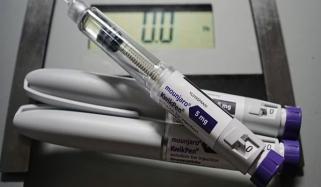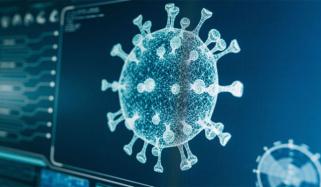
Some children with peanut allergies may benefit from exposure therapy, also known as oral immunotherapy, while others may experience severe allergic reactions.
A recent study revealed that immune system differences describe the contrasting results.
According to lead researcher Aleix Arnau-Soler of the Max Delbrück Center for Molecular Medicine in Berlin, “Children who responded well to the therapy already had a less reactive immune system before treatment began.”
Blood of children who received benefit from exposure therapy indicated reduced levels of immunoglobulins, allergy-related antibodies, and cytokines, inflammatory biochemicals.
Senior researcher Young-Ae Lee, stated, “These results could help identify in advance which children could benefit from exposure therapy, and those who are apt to have an extreme allergic reaction.”
“Some children respond well to this treatment, but others don’t benefit at all. In some cases, the therapy – based on gradually increasing doses of peanut allergens – can even trigger anaphylactic reactions,” Lee added.
For the study, researchers assessed blood samples from 38 children aged seven, undergoing peanut exposure therapy at a Berlin hospital.
Researchers discovered consistent differences in gene expression and activity between responders and non-responders, especially in rare immune cells commonly found in the gut.
“Our results open the door to personalized approaches to treating peanut allergy… more effectively and safely in the future,” Lee said.
Researchers further stated that the team is currently working to authenticate the results in a follow-up study involving more children.












